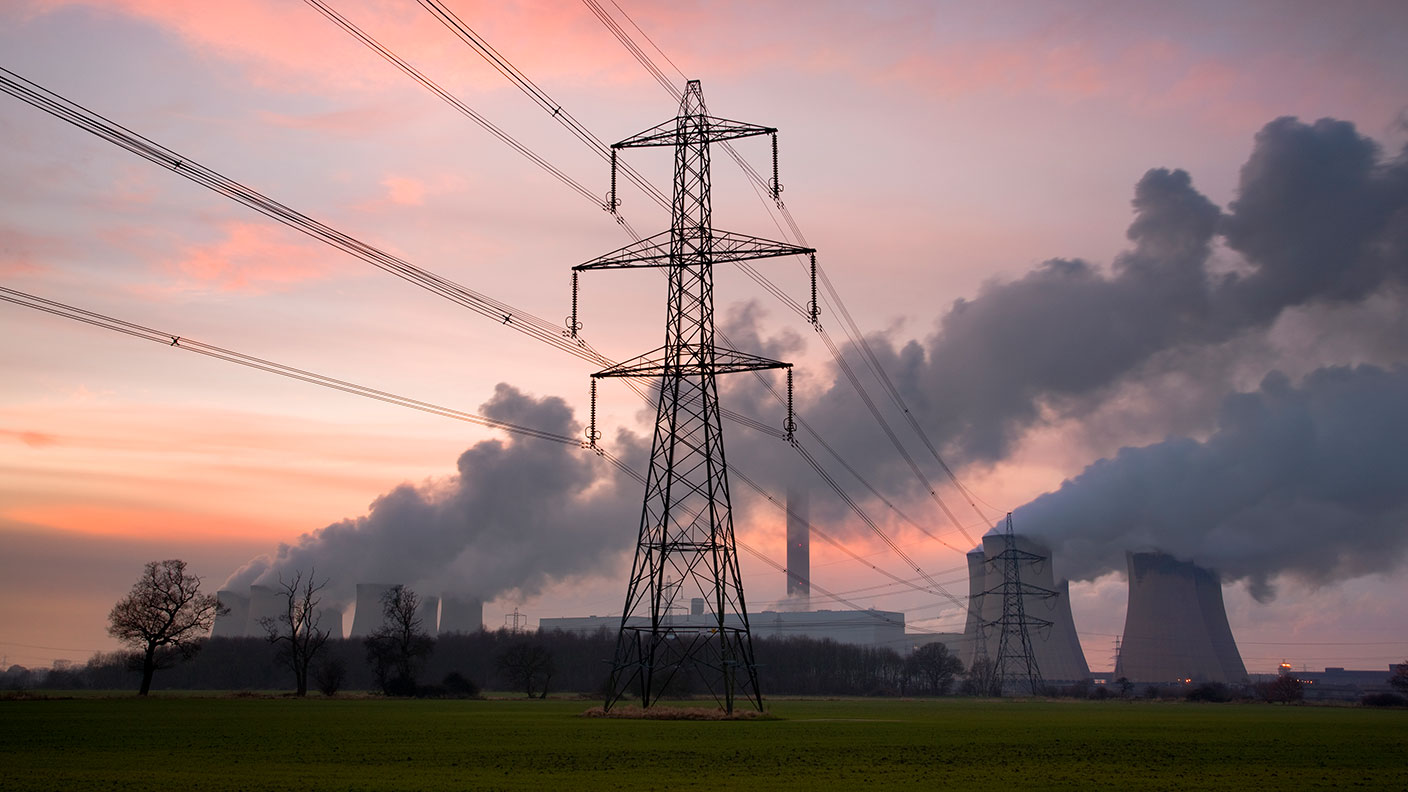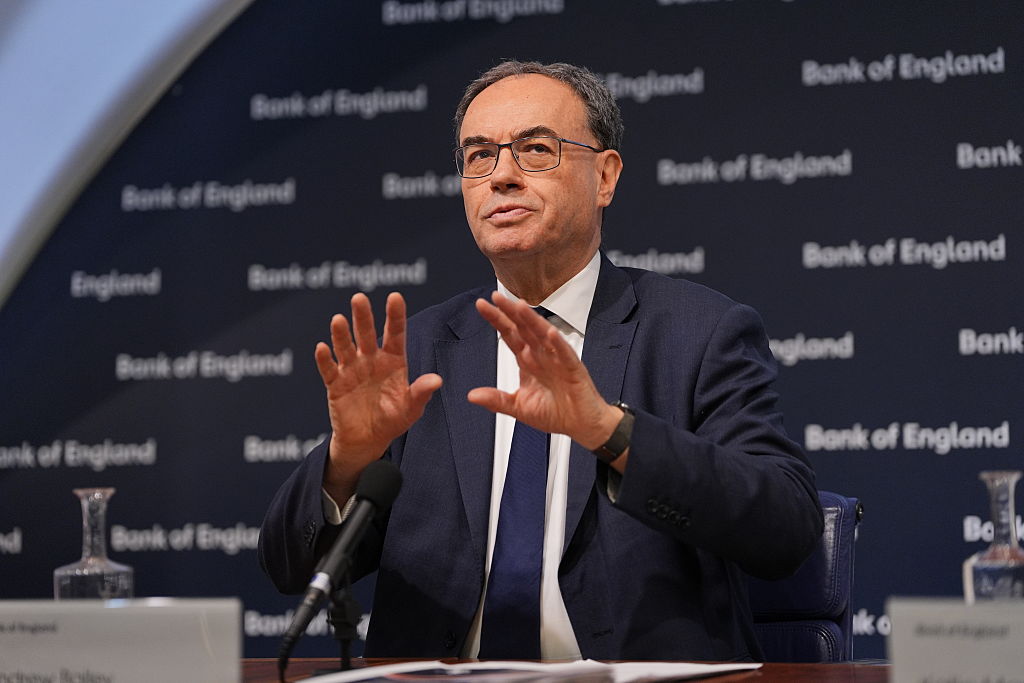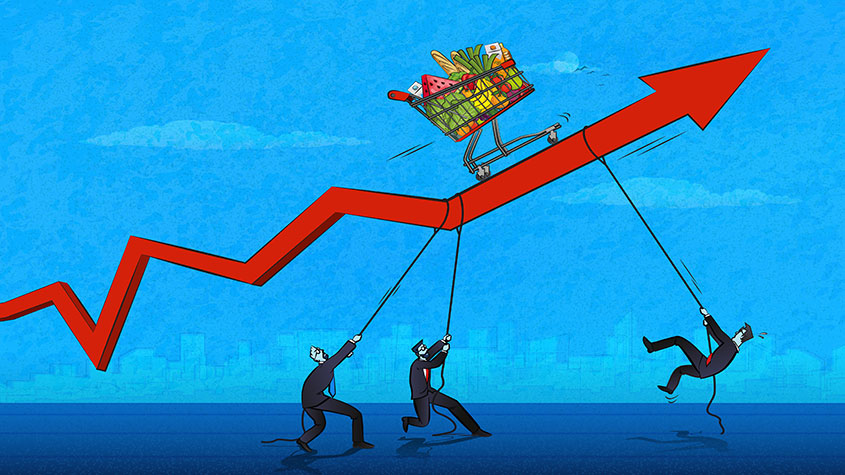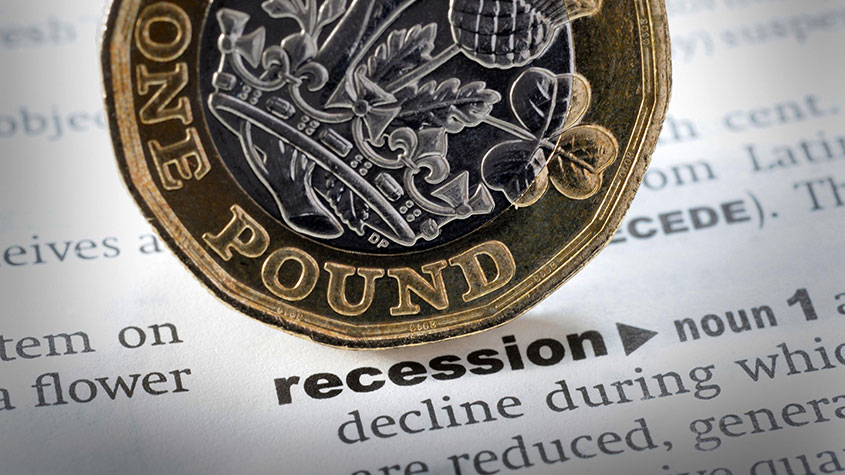Britain’s broken energy markets
Governments have no control over global energy prices. But the dysfunction that has led to rising price caps and windfall taxes is all of the UK’s own making.

Get the latest financial news, insights and expert analysis from our award-winning MoneyWeek team, to help you understand what really matters when it comes to your finances.
You are now subscribed
Your newsletter sign-up was successful
Want to add more newsletters?

Twice daily
MoneyWeek
Get the latest financial news, insights and expert analysis from our award-winning MoneyWeek team, to help you understand what really matters when it comes to your finances.

Four times a week
Look After My Bills
Sign up to our free money-saving newsletter, filled with the latest news and expert advice to help you find the best tips and deals for managing your bills. Start saving today!
The UK energy-market regulator Ofgem warned MPs this week that it expects to raise the price cap on household energy bills to about £2,800 in October. That means the average annual bill will have more than doubled within six months: Ofgem previously increased the price cap from £1,278 to £1,971 in April. According to Ofgem’s boss Jonathan Brearley: “The price changes we have seen in the gas market are genuinely a once-in-a-generation event not seen since the oil crisis of the 1970s”. The Resolution Foundation think tank calculates that this will push 9.6 million households in England into “fuel poverty” next winter, defined as spending at least 10% of their income on energy bills. The Ofgem announcement intensifies political pressure over the cost of living crisis. But it also provides cover for the government to announce a windfall tax on energy firms’ profits (in a U-turn that was reported to be imminent as MoneyWeek went to press).
How did we get here?
Fast rising global energy prices, especially for natural gas, have been particularly hard for the UK because in recent decades we’ve become much more dependent on natural-gas imports, and use gas to generate about 40% of electricity. But we’ve made life far harder for ourselves by tolerating a ruinously dysfunctional retail market for energy. The origins of the current mess lie in the 1980s and 1990s, says The Economist, when “privatisation created an oligopolistic energy market”. For two decades or so the market was dominated by the “Big Six” suppliers, who exploited their privileged position by paying their shareholders “juicy dividends and their bosses fat salaries”. In the 2010s, the government then responded to mounting public anger over high energy bills with further liberalisation that created a much more fragmented market. Even as recently as 2010, there were only 12 suppliers of energy to households in the UK. But by 2018 that had ballooned to more than 70.
What’s wrong with more competition?
Alas, most of the new entrants were “thinly capitalised and produced no energy, merely buying it on global wholesale markets and selling it on”, says The Economist. Many also paid little attention to ensuring continuity of supply or hedging against price fluctuations, leaving them highly exposed to wholesale market spikes. Unfortunately, the regulator, Ofgem, rather than recognise these risks and clamp down on them, did not adequately understand the financial risks involved and let suppliers “enter the market and grow to a considerable scale while committing minimal levels of their own equity capital”. That’s not the judgment of business media pundits: it’s the formal finding of a study commissioned by Ofgem itself into its own failures and published by the consultancy Oxera earlier this month. The study found that the UK’s official regulator gave financially vulnerable start-up providers a high-risk/high-reward “free bet” – licensing them to “benefit from any upside, while being able to exit at no or minimal cost if the downside materialised”.
MoneyWeek
Subscribe to MoneyWeek today and get your first six magazine issues absolutely FREE

Sign up to Money Morning
Don't miss the latest investment and personal finances news, market analysis, plus money-saving tips with our free twice-daily newsletter
Don't miss the latest investment and personal finances news, market analysis, plus money-saving tips with our free twice-daily newsletter
What else made the UK vulnerable?
The risk of being undone by an energy squeeze rose in 2017 with the closure of a big gas-storage facility, which left this country able to store just 2% of its annual demand. Other big gas importers, by contrast, can store 20%-30%. To compound that vulnerability, Ofgem’s emphasis on encouraging customers to switch suppliers promoted a focus on price as the only differentiator, says Iain Conn, ex-boss of Centrica, in The Times. That encouraged risk-taking – including selling fixed-price energy at negative margins – that would prove unsustainable. In addition, the safety-net measures aimed at protecting customers if a supplier went bust – guaranteeing continuity of supply and mutualising financial losses across the market – further encouraged risk-taking and short-termism.
What about all the greenery?
Indeed, that was another mistake, says Conn: to add the £4bn annual costs of the green transition to customers’ bills rather than via general taxation. “Such an approach is regressive, disproportionally affecting those least able to afford it”. And finally, despite evidence from other countries of the unintended consequences, the government decided to introduce an energy price cap. In practice that meant that when prices surged, thinly capitalised and shaky businesses were tied into contracts guaranteed to lose them money. As a result, more than 30 suppliers have gone bust, at a cost to billpayers of around £4.6bn. The UK cannot control global energy prices, but the effects of “layers of often-populist, short-term interventions” have resulted in a dysfunctional energy market that means prices are far higher than they need be. We haven’t just been unlucky: this is “market failure by design”.
Is a windfall tax the answer?
Chancellor Rishi Sunak has already laid out a £9bn package that includes a £200 upfront discount on energy from October for households. An additional windfall tax risks doing more harm than good and would raise relatively little revenue compared with the scale of the crisis, says David Smith in The Times. The arguments against windfall taxes are well known: they deter future investment and compound uncertainty. Imposing one now would add to the impression, highlighted by a recent Centre for Policy Studies report, that Britain has become a less attractive place to do business. Trying to get round this by tying such a tax to energy firms’ investment plans would “create a dog’s breakfast and would be a bonanza for lawyers and accountants”, says Smith. And even if it raised £10bn – a figure that has been suggested by Treasury sources – that’s not much set against a “hit of £40bn, perhaps more, to real incomes this year and an economy that, according to the latest ‘flash’ purchasing managers’ survey, is slowing sharply”.
Get the latest financial news, insights and expert analysis from our award-winning MoneyWeek team, to help you understand what really matters when it comes to your finances.
-
 How a ‘great view’ from your home can boost its value by 35%
How a ‘great view’ from your home can boost its value by 35%A house that comes with a picturesque backdrop could add tens of thousands of pounds to its asking price – but how does each region compare?
-
 What is a care fees annuity and how much does it cost?
What is a care fees annuity and how much does it cost?How we will be cared for in our later years – and how much we are willing to pay for it – are conversations best had as early as possible. One option to cover the cost is a care fees annuity. We look at the pros and cons.
-
 The cost of petrol in the UK compared with the rest of the world
The cost of petrol in the UK compared with the rest of the worldNews The price of petrol in the UK went through the roof last year, but has since settled. We look at how UK petrol price compares with the rest of the world.
-
 Will UK interest rates fall in 2026? Latest Bank of England predictions
Will UK interest rates fall in 2026? Latest Bank of England predictionsThe Bank of England held interest rates at 3.75% in their February meeting. Will interest rates stay at this level, or will they fall further this year?
-
 Petrol prices explained: What makes up the price of a litre of petrol?
Petrol prices explained: What makes up the price of a litre of petrol?Briefings The cost of filling the average car with fuel is falling. Here’s what makes up the price of a litre of petrol.
-
 UK inflation falls to 10.7% but cost of living pressures remain
UK inflation falls to 10.7% but cost of living pressures remainNews CPI is down to 10.7% from last month’s 41-year-high of 11.1%
-
 What is a recession? UK impact explained
What is a recession? UK impact explainedAnalysis Office for National Statistics (ONS) figures show UK GDP growth has gone into reverse. But what does a recession mean?
-
 UK inflation hits 41-year high of 11.1%
UK inflation hits 41-year high of 11.1%News The rising costs of energy and food have pushed the figure up to its highest level since 1981.
-
 What is inflation and how does it affect you?
What is inflation and how does it affect you?The latest inflation figures are released each month. What is inflation and how does it impact your personal finances?
-
 UK inflation back to 10.1%
UK inflation back to 10.1%News UK inflation creeps back to its 40-year high from the summer, driven by rising food costs